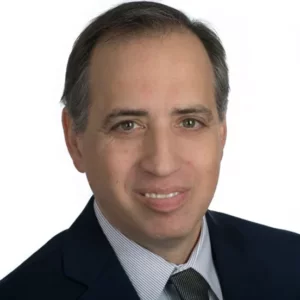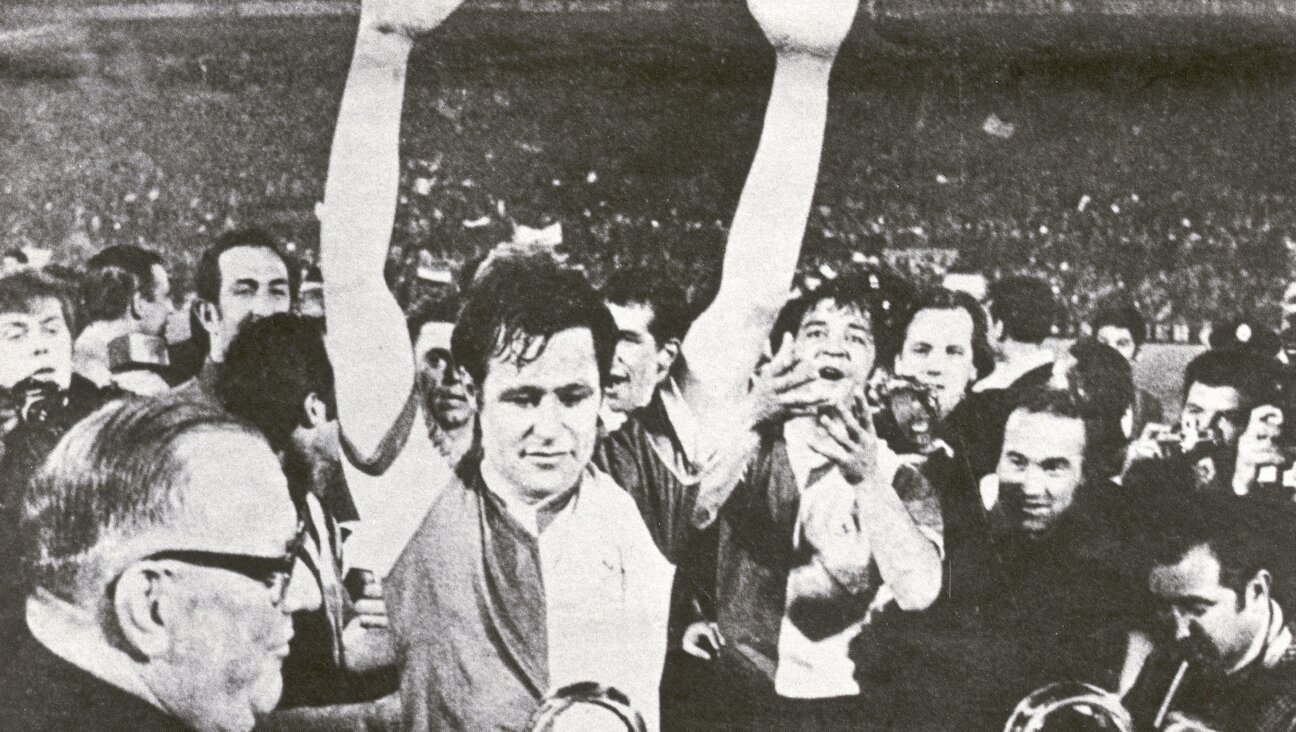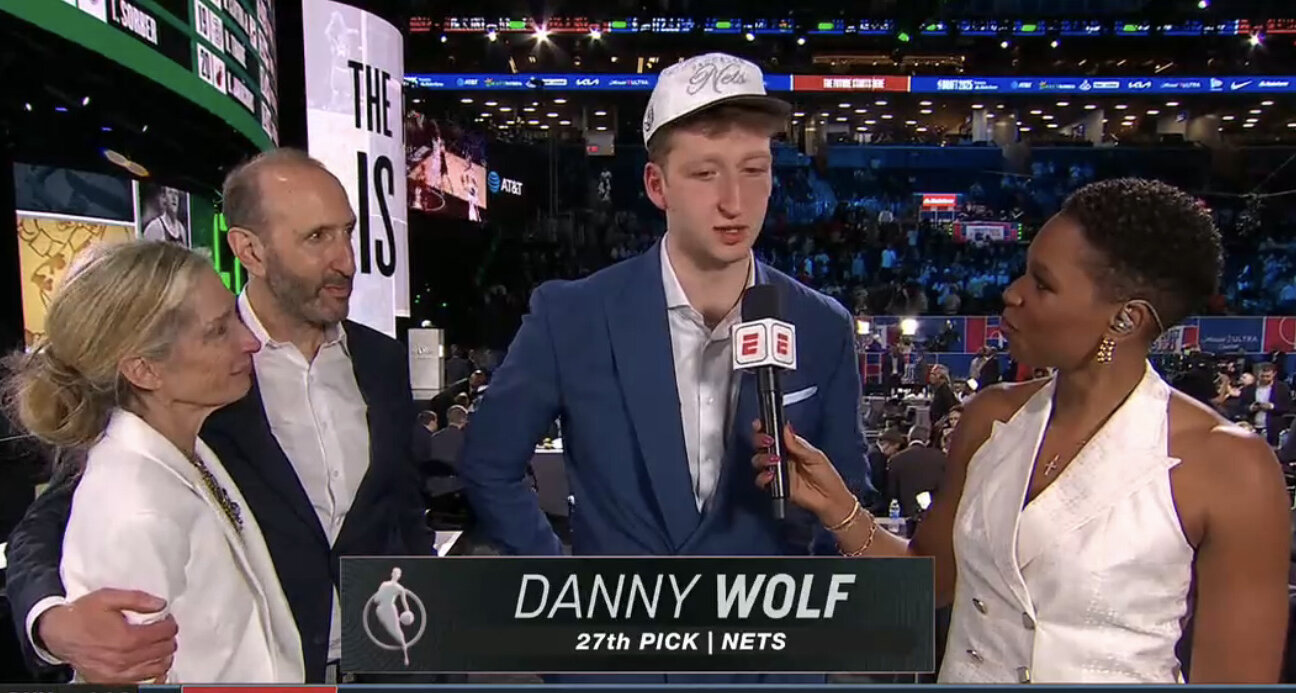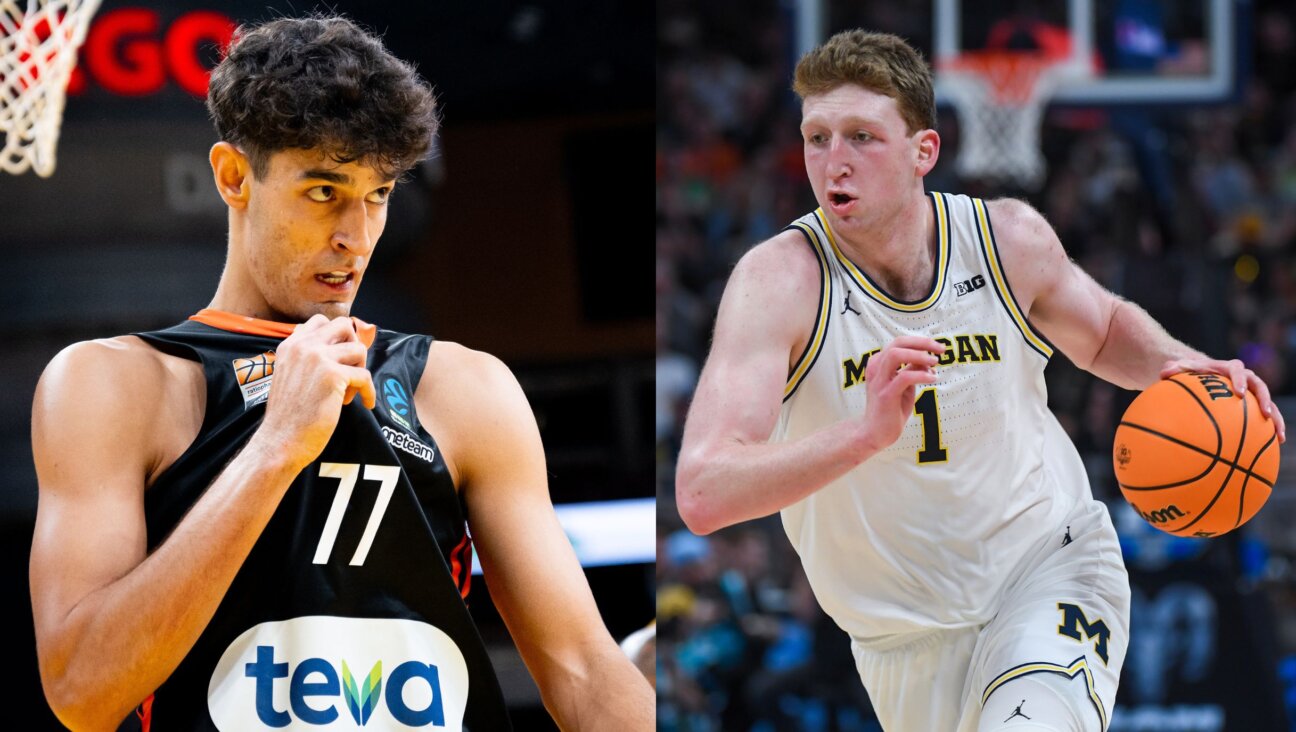Team Israel was ‘miracle team’ of the last World Baseball Classic. Check out the roster for the next one.
In contrast to the 2017 team, Team Israel 2023 will feature several current major leaguers
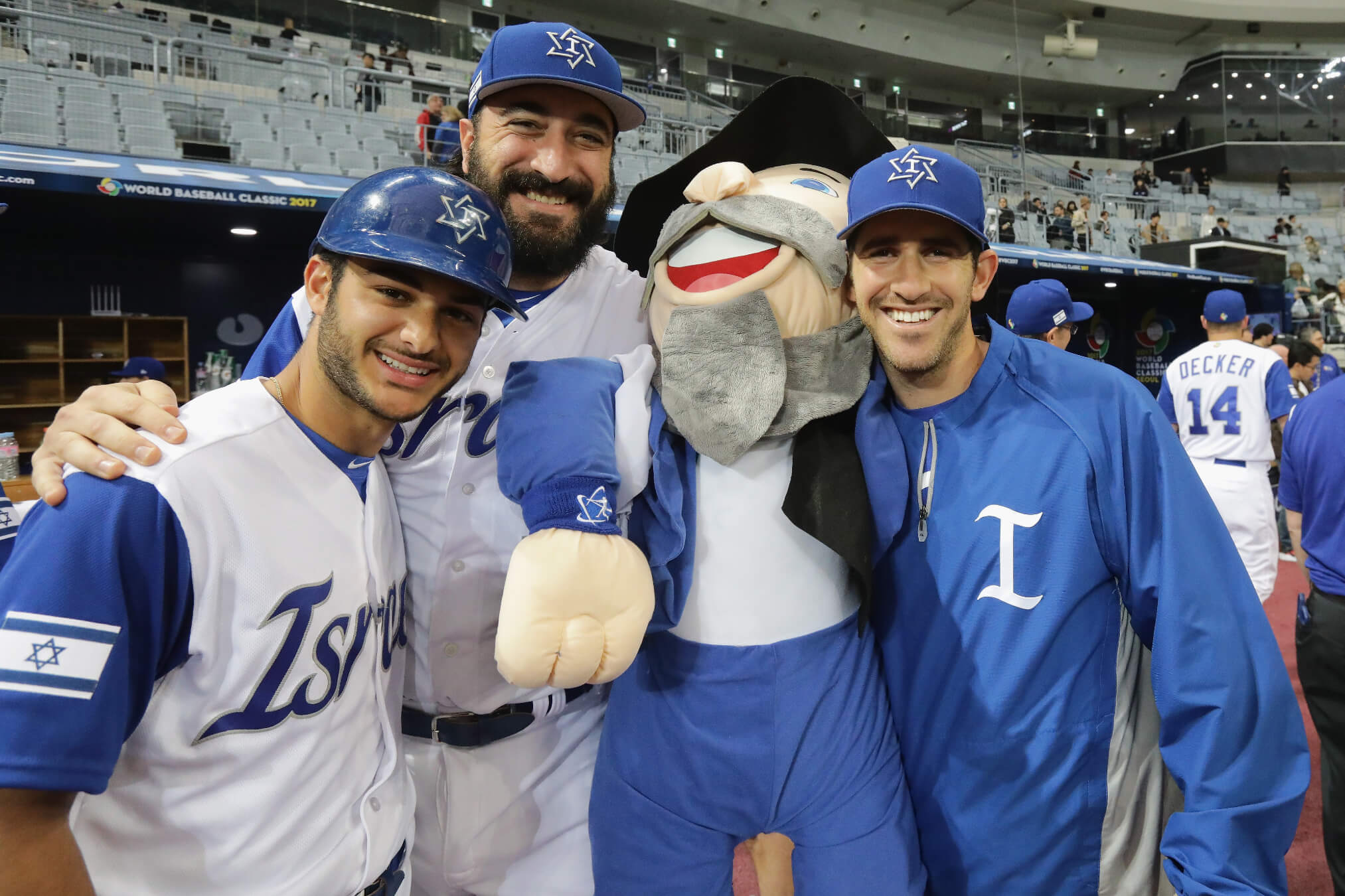
Team Israel players pose with the team mascot, The Mensch, after a victory in the World Baseball Classic in March 2017 in Seoul, South Korea. Photo by Chung Sung-Jun/Getty Images
The last time Israel played in the World Baseball Classic, it snuck up on the competition. Oddsmakers pegged the Israelis, who were ranked 41st in the world, at 200-1 underdogs to win the 2017 tournament. ESPN called them “arguably the biggest underdog in the history of the event.”
In next year’s WBC, Team Israel won’t have that element of surprise. The tournament won’t be played until March — in Miami, Phoenix, Tokyo and Taichung, Taiwan — but teams are solidifying their rosters now.
And in contrast to the 2017 team, Team Israel 2023 will feature several current major leaguers. Israel has already lined up an excellent outfield of Joc Pederson (San Francisco Giants), Harrison Bader (New York Yankees) and Kevin Pillar (Los Angeles Dodgers).
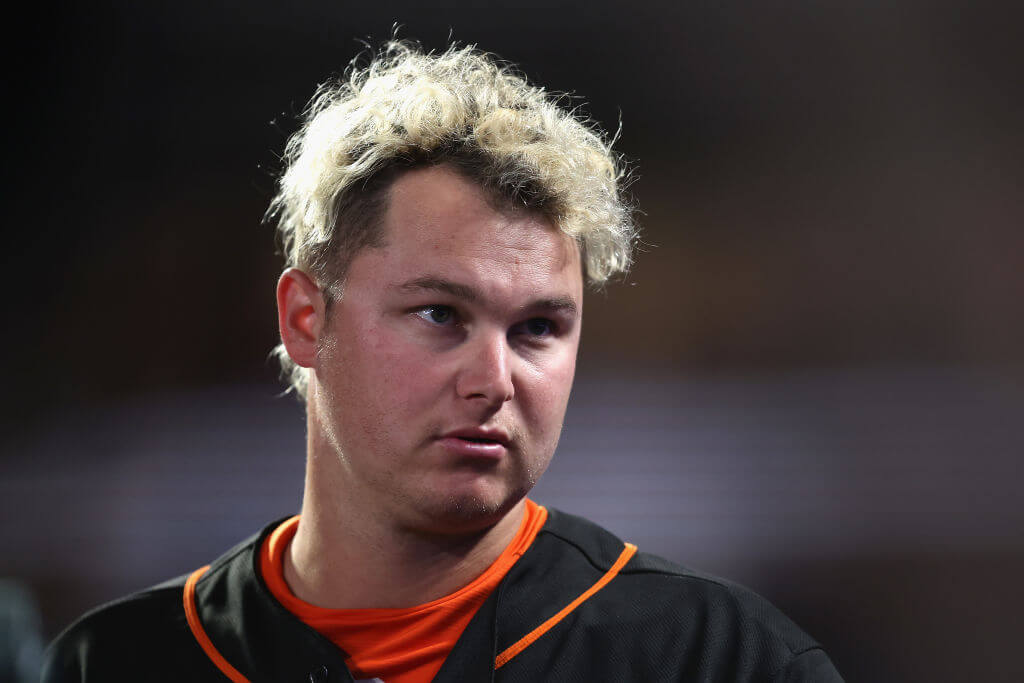
With the Yankees a playoff team again this year, Bader, a Gold-Glove centerfielder, could wind up playing through November if the team advances to the World Series — then ramping it up again just a few months later for the international tournament next March in Miami. The Dodgers, with the game’s best record, are also playoff-bound, but Pillar just started a rehabilitation stint for an injured shoulder and might not be on the postseason roster. Pederson’s Giants will not make the postseason this year.
Team Israel, which is ranked 20th in the world, just behind Spain and just ahead of China, also has a new manager, former major league All-Star second baseman Ian Kinsler. The team is sure to be more talented this time, but Kinsler told The Forward he hopes to capture some of the magic of the 2017 run.
“That team had a tight-knit bond, and they played with such exceptional energy,” said Kinsler, who played for the United States in 2017, which won the WBC tournament.
“They won a bunch of close games, and they were a really fun team to watch. And I hope that this team possesses a lot of those same characteristics. In baseball, it’s not necessarily the most talented team that wins the game. It’s the team that plays the best,” he said.
Team Israel’s general manager, Peter Kurz, noted the ’17 team didn’t have any active major leaguers. The biggest stars were retired players Ike Davis, Sam Fuld and Jason Marquis. Kurz, a New York City native, said that next year’s team could have 20 major leaguers, and has recruited highly touted players such as Max Fried, the star pitcher for the Atlanta Braves, and Houston Astros infielder Alex Bregman, although neither has committed yet.
“We’ll put out a bigger (recruitment) effort after the season,” Kurz said, adding that next year’s squad will “definitely” be better than the 2017 one. (A few players will be returning from that team.)
A tough bracket
But the competition will be steeper: Israel has been placed in Pool D, which is kind of like the American League East of the WBC. Its rivals will be Venezuela (ranked sixth in the world), the Dominican Republic (seventh), Puerto Rico (16th) and an additional team that will emerge from a Qualifiers Tournament. Those teams will also be stocked with major leaguers.
Once again, Israel will be an underdog as it seeks to become one of the two teams that advances from its pool.
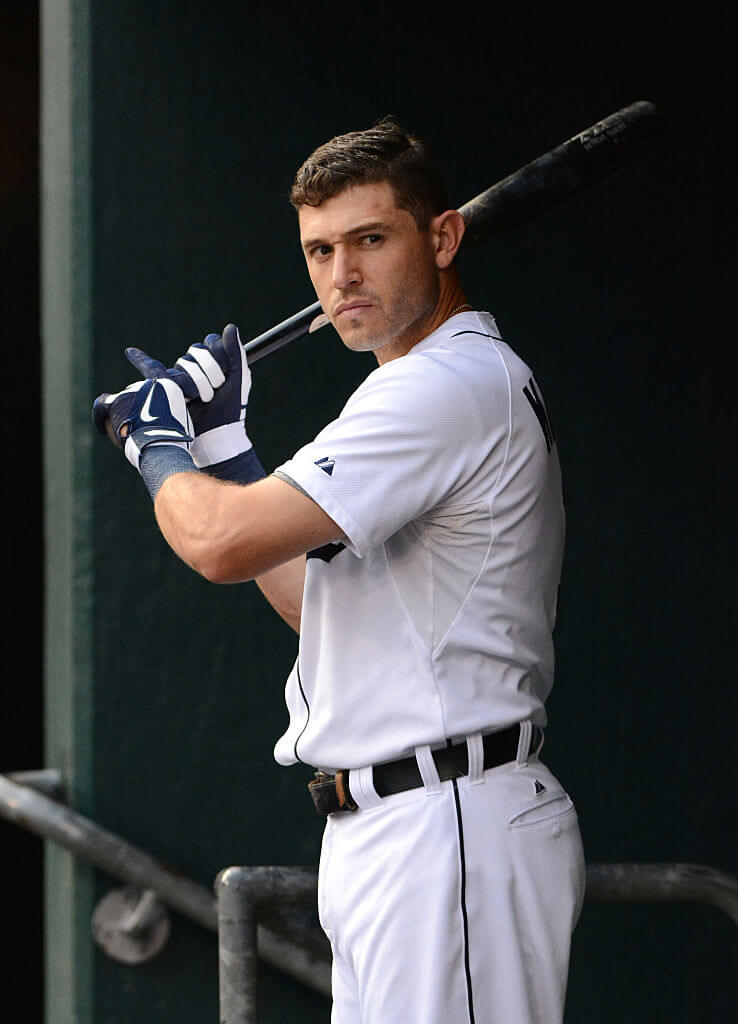
Players can be on a WBC team if they are eligible for that nation’s passport or citizenship. That means that to represent Israel, a player must have a Jewish parent or grandparent — or be married to someone who does.
Kinsler, who has a Jewish father and Catholic mother, got his Israeli citizenship in 2020 after retiring as a major league player, then played for the Israeli team in the last Summer Olympics, which were held in 2021 in Tokyo.
“It was a tremendous experience,” recalled Kinsler, who is currently special assistant to the general manager for the San Diego Padres. “Getting to know the organization, getting to know the players, obviously representing my heritage was something I was proud of. When the opportunity came to manage the team, there wasn’t much thought to it – it seemed like a great opportunity.”
The ‘Miracles of Miracles’ season
The 2017 roster of mostly American Jews — minor leaguers and former major leaguers — stunned baseball powerhouses South Korea and the Netherlands en route to a 3-0 start, allowing it to advance to the second round. Israel then upset Cuba before finally getting eliminated with two lopsided losses to the Netherlands and Japan.
The New York Times called Israel’s inaugural win over South Korea a “miracle of miracles,” and the Cinderella story just grew from there with more victories. The team benefitted from a rabid rooting section and a unique mascot: a life-size version of the Hanukkah toy “Mensch on the Bench,” which the Times of Israel described as a “giant stuffed Hasidic Jew.”
The team, the only nation not ranked in the top 20 to participate in the 16-team tournament that year, grinded out victories against more talented squads in its first WBC tournament.
“That’s the greatest part about being Jewish, grit for sure,” said first baseman Ike Davis, in the 2018 documentary “Heading Home: The Tale of Team Israel.”
“You don’t always win,” added Davis, who starred with the New York Mets for a few seasons in the early 2010s, and last played in the major leagues in 2016. “It makes you tough. And Israelis are tough, you can tell, so it’s kind of a great sport. It kind of matches up.”
Added third baseman Ty Kelly, a lifetime .203 hitter in three big league seasons: “We have been kicked around throughout our careers. We know what it’s like to be doubted.”



